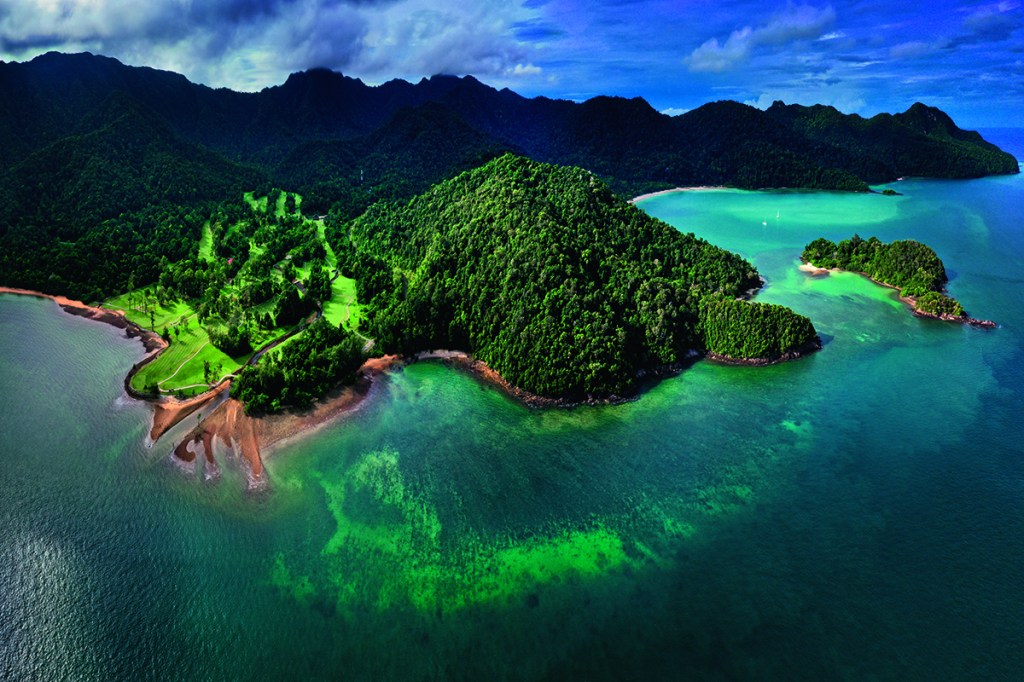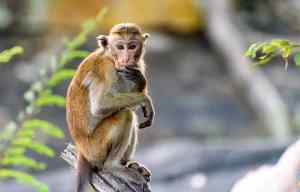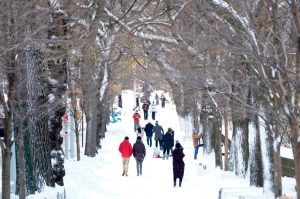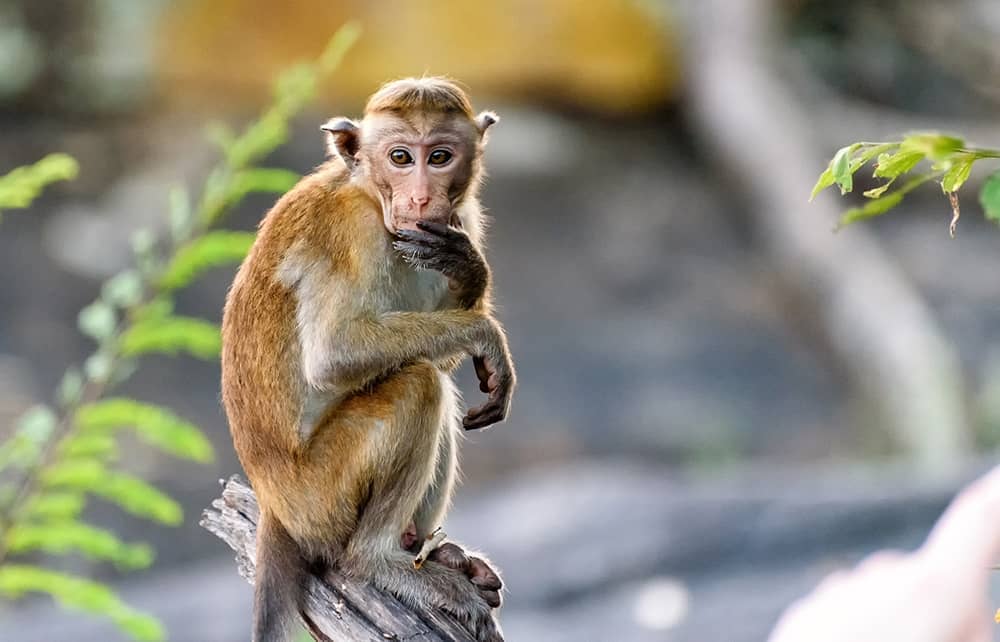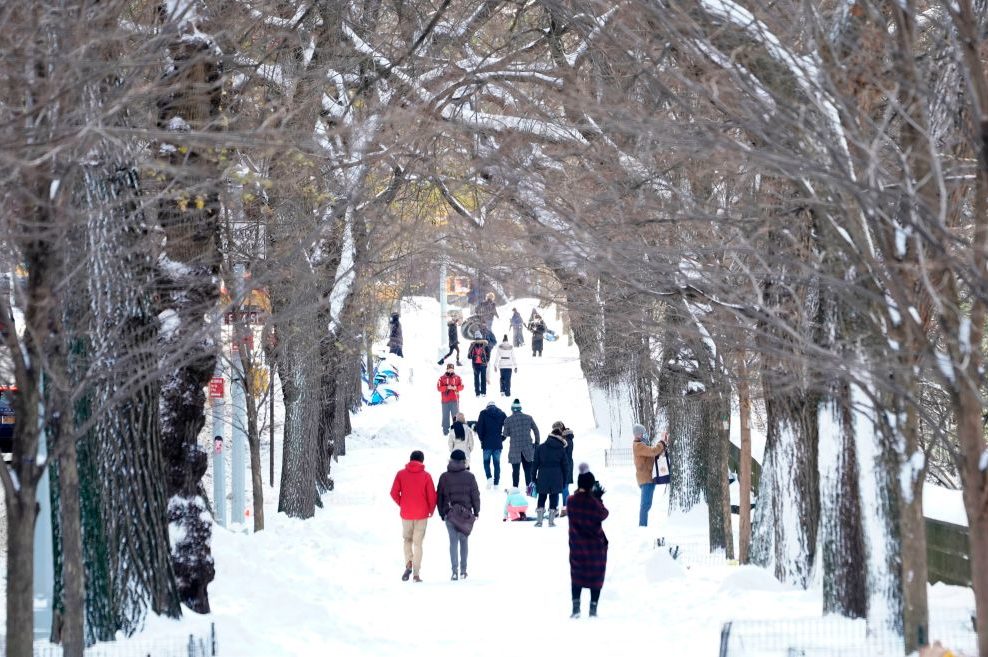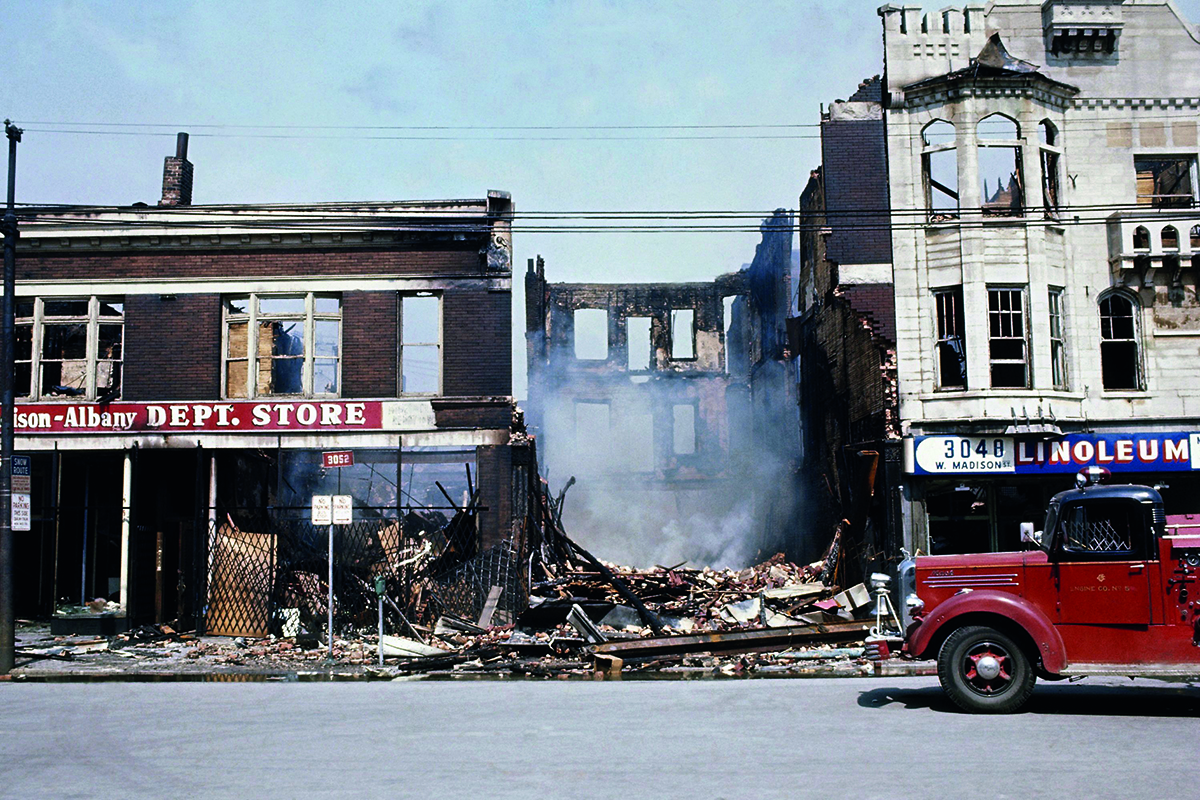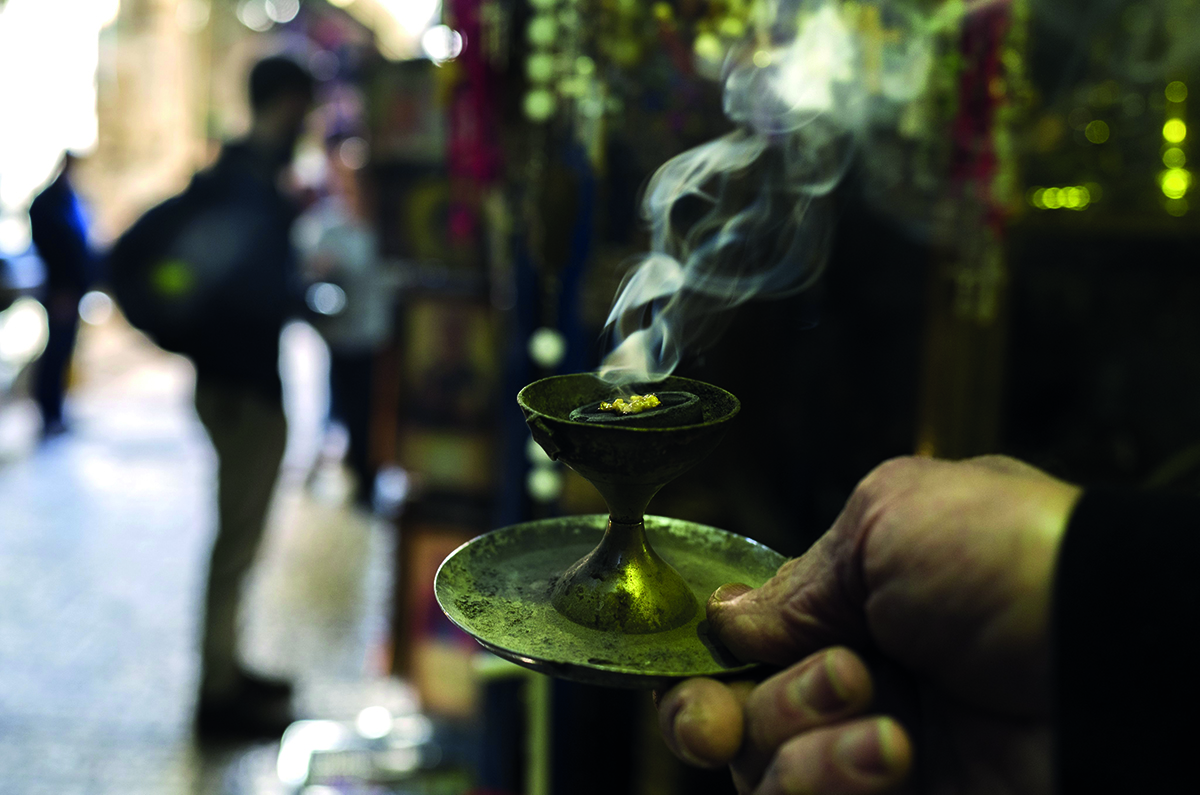A short flight from the Malaysian capital of Kuala Lumpur, the island of Langkawi is a wise choice for anyone seeking to shake off the woes of city life. Apart from the odd bit of tourist tackiness on roadside billboards, there’s no escaping the sheer, virtually unspoiled natural beauty of the place.
Even my hotel, the Datai — which recently underwent a year-long, $60 million refurbishment — feels like a traditional rainforest villa. When I step out on to the veranda, I revel in the ancient jungle just beyond the sun loungers.
I’d heard that Langkawi was teeming with wildlife but there’s nothing to prepare you for actually being here and experiencing nature in its full — give or take, that is, some air-conditioning, room service and other modern conveniences.
‘It’s safe to leave the door to the terrace open when you’re in your room, but close it when you go out,’ the hotel manager warns. To keep the snakes out, or perhaps the insects, I wonder. ‘No,’ he says. ‘The monkeys.’
The monkeys have apparently become experts not only at stealing fruit from rooms but also at plundering minibars. I can already see a family of what I later discover are long-tailed macaques playfully lurking outside, eyeing up the newcomer to their territory.
It’s this mix of modern sophistication and raw jungle that’s remained unchanged for perhaps millions of years which makes Langkawi so attractive. Add some excellent beaches, near-perfect weather and friendly locals and you can see why the island is revered by those who know Asia well.
Langkawi, or Pulau Langkawi to give it its correct name, is just 18 miles off the coast at the very northwestern tip of the Malaysian peninsula, only an hour’s ferry trip from the border with Thailand. From its north coast you can see both Thai and Malaysian islands. They were once the haunt of pirates, probably the first people to discover the charm of this part of the world. It’s possible to believe that they are still out there somewhere, hiding in the mysterious caves on the smaller islands. .
Despite having no proper beaches, Kuah, in the southeast of the island, has experienced a hotel-building frenzy in recent years. This is the place to seek out (if you really must) shops, banks, markets, even internet cafés and fast-food outlets — all of them prepared for the day when, or perhaps if, the tourist floodgates open wide.
Back at the Datai, the facilities are among the best you will find at any five-star hotel, including some excellent restaurants. Breakfast is served in the poolside dining room which becomes a fine-dining restaurant for the evening, serving French cuisine. For more local flavors try the Gulai House, which stands rather impressively on stilts and is decorated in the traditional style of Malay kampung (village) houses.
Much of the daytime action centers around the Beach Club — accessible by golf carts — which boasts a child-friendly pool and a state-of-the-art spa. This is where guests congregate for late-morning drinks and casual lunches. The daily specials are always worth sampling. I had some superb giant prawns with mango chili salsa, and the next day, on the waiter’s suggestion, a local chicken curry.
There’s also a fully equipped gym and yoga pavilion, and a nature center where resident naturalists take guests on treks into the rainforest to see the wildlife at close quarters. And there’s plenty to see and do elsewhere on Langkawi should you fancy a change of scene. You can walk the jungle trail to one of the near-deserted beaches — even those close to the major hotels are rarely busy — and look up toward the two main mountains which dominate the interior. The SkyCab cable car in the west of the island also provides dramatic views — although there’s something surreal about boarding Alpine-style transport in tropical temperatures.
Other attractions include some spectacular marinas; the Royal Langkawi Yacht Club (where you can charter a luxury boat for a private cruise); the Underwater World aquarium at Pantai Cenang; and the striking Galeria Perdana museum, which displays the often extravagant gifts that Mahathir Mohamad, Malaysia’s longest-serving prime minister, received from other world leaders.
Langkawi will certainly remain on the backpackers’ list of places to visit. Round-the-world yachtsmen will still arrive to enjoy its deserted coves. But it’s sophisticated travelers looking for a pinch of luxury in the peaceful rainforest who will ensure this treasure of an island joins the growing list of must-see destinations.



